Apple discontinues the iMac Pro
Desktop product shake-up paves the way for new Apple Silicon-powered machines
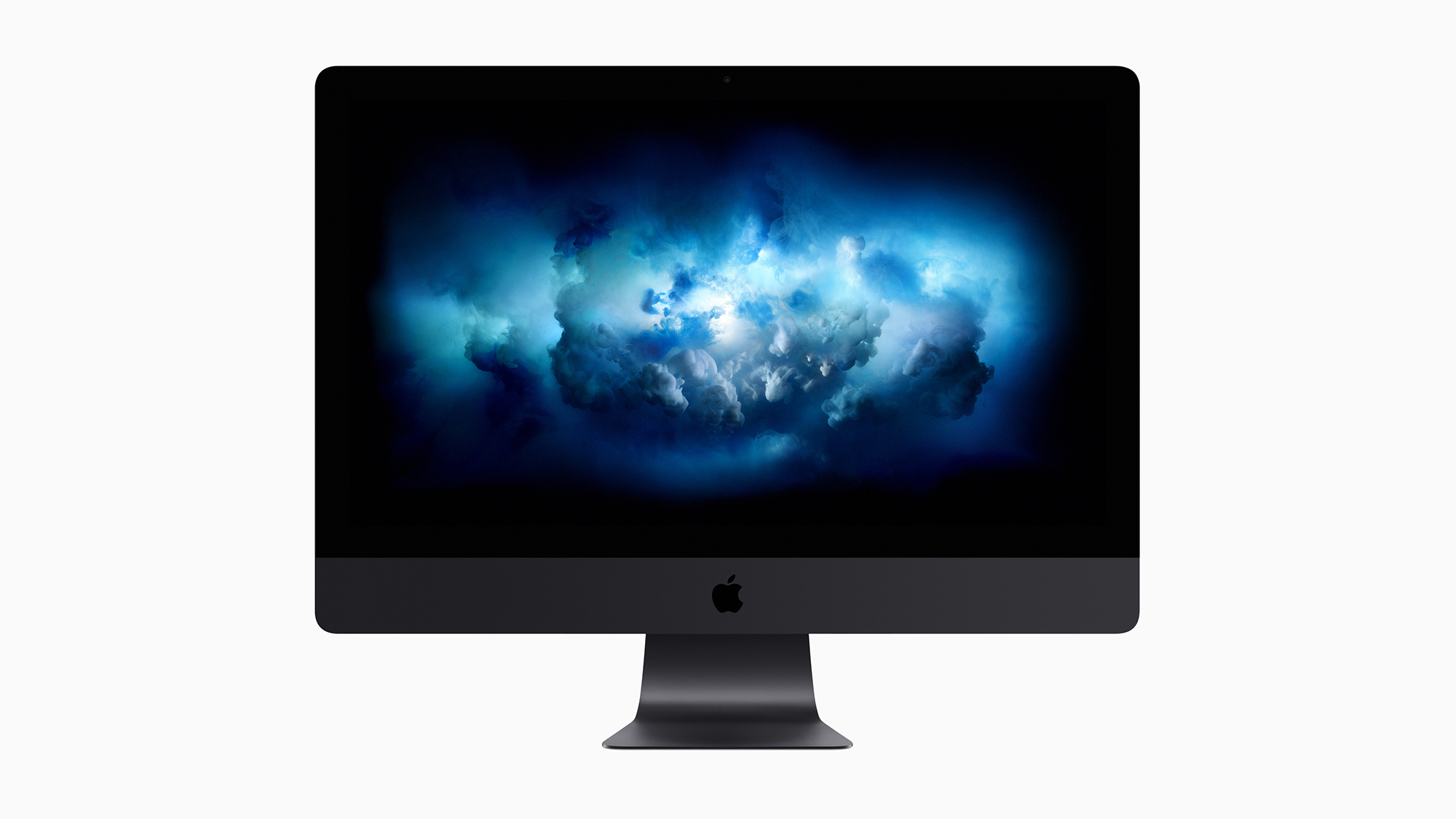

Apple is saying goodbye to its flagship iMac Pro all-in-one desktop PC.
The manufacturer added a “while supplies last” label to its online listing for the iMac Pro late last week and stopped offering options to customize and upgrade it. Apple-focused news outlet MacRumors confirmed Apple was cutting the machine from its iMac lineup.
Apple updates 27in iMac with 10th-gen Intel CPUs and 1080p webcam Apple iMac 27-inch 2.7GHz Thunderbolt review Apple iMac 27in review Apple iMac Pro review: The return of the king
Apple introduced the iMac Pro in December 2017, shipping it in a characteristic “space gray” color. Targeting power users, including video editors and designers, the iMac Pro included a 27in, 5K-resolution display and came with options for higher-end Xeon processors with up to 18 cores. It shipped with at least 32GB of RAM and was only available with SSD storage.
The iMac Pro also featured higher-end Pro Vega graphics cards and Apple's T2 processor, which added more device security. It also had an additional Thunderbolt 3 port compared to the regular iMac.
Apple added more top-end options to the iMac in a March 2019 upgrade, offering newer Intel processors and updating the graphics card support. Buyers could still get lower-powered models with smaller displays, but it also brought the base iMac’s top-end specs closer to the iMac Pro.
Apple tried to maintain a gap between the iMac and iMac Pro by adding more maximum RAM and higher-end graphics options to the latter.
Last August, Apple upgraded the 27in iMac with support for 10th-generation Intel processors, double the top-end RAM option to 128GB, and quadruple its maximum SSD storage to 8TB. Apple also boosted the iMac camera from 720p to 1080p and added the T2 chip. At the same time, Apple announced the bare-minimum upgrade to the iMac Pro, giving it a 10th-gen Intel CPU.
Get the ITPro daily newsletter
Sign up today and you will receive a free copy of our Future Focus 2025 report - the leading guidance on AI, cybersecurity and other IT challenges as per 700+ senior executives
The shakeup comes as the company gradually transitions to its in-house Apple Silicon designs. In November, the company launched the M1, an ARM-based processor design using a 5-nanometer process technology. The company released its eight-core chip into the Macbook Air, 13in MacBook Pro, and Mac Mini products.
Customers thinking of buying an iMac might want to wait. Talking to Apple insiders in December, Bloomberg predicted that Apple's recently introduced custom ARM-based processors would make it into desktop products, including the iMac, later this year.
Danny Bradbury has been a print journalist specialising in technology since 1989 and a freelance writer since 1994. He has written for national publications on both sides of the Atlantic and has won awards for his investigative cybersecurity journalism work and his arts and culture writing.
Danny writes about many different technology issues for audiences ranging from consumers through to software developers and CIOs. He also ghostwrites articles for many C-suite business executives in the technology sector and has worked as a presenter for multiple webinars and podcasts.
-
 Bigger salaries, more burnout: Is the CISO role in crisis?
Bigger salaries, more burnout: Is the CISO role in crisis?In-depth CISOs are more stressed than ever before – but why is this and what can be done?
By Kate O'Flaherty Published
-
 Cheap cyber crime kits can be bought on the dark web for less than $25
Cheap cyber crime kits can be bought on the dark web for less than $25News Research from NordVPN shows phishing kits are now widely available on the dark web and via messaging apps like Telegram, and are often selling for less than $25.
By Emma Woollacott Published
-
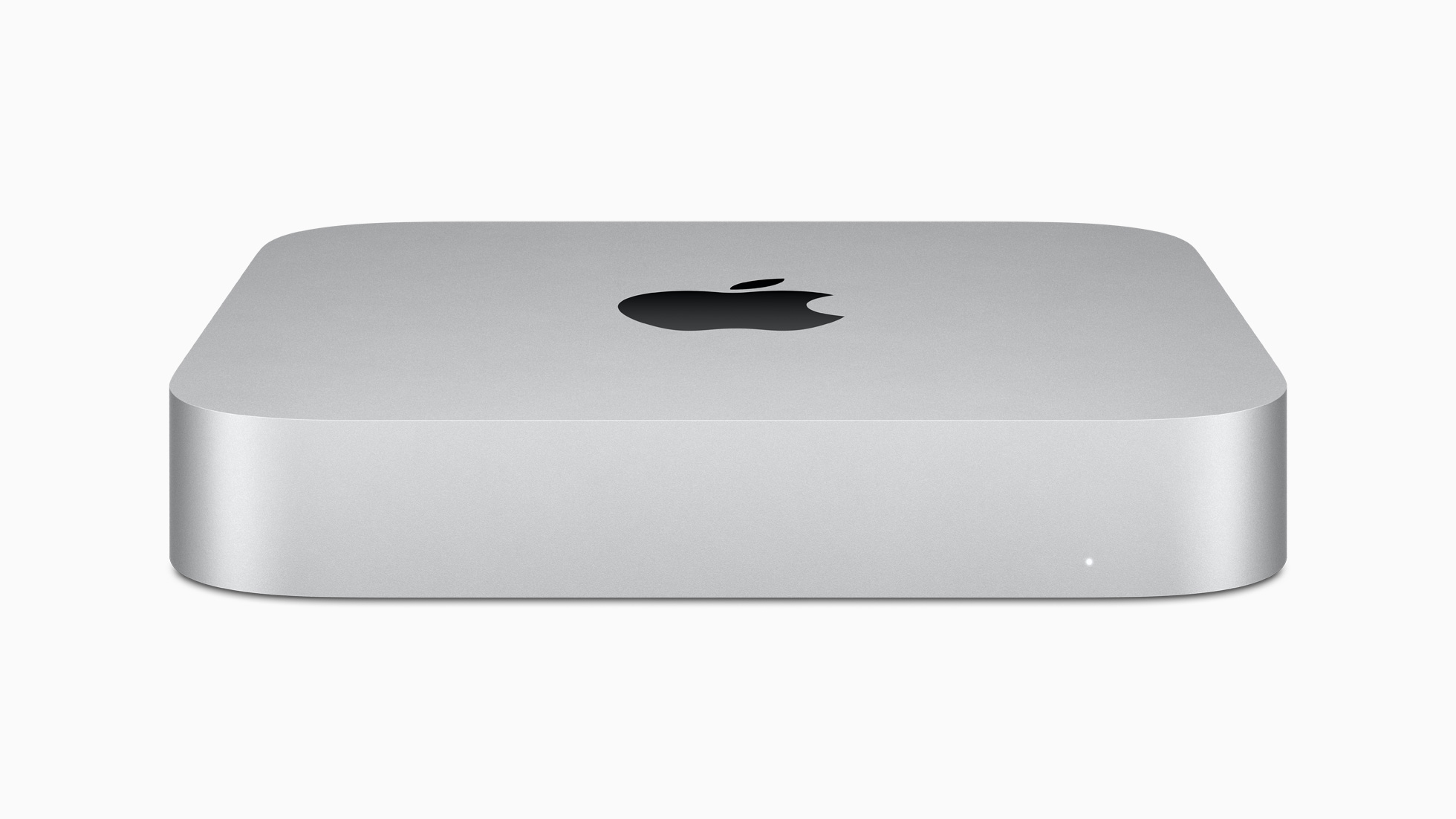 M1 Mac mini users suffering Bluetooth connectivity problems
M1 Mac mini users suffering Bluetooth connectivity problemsNews It’s unknown if the issue is in the new Apple silicon or the Big Sur OS
By Rene Millman Published
-
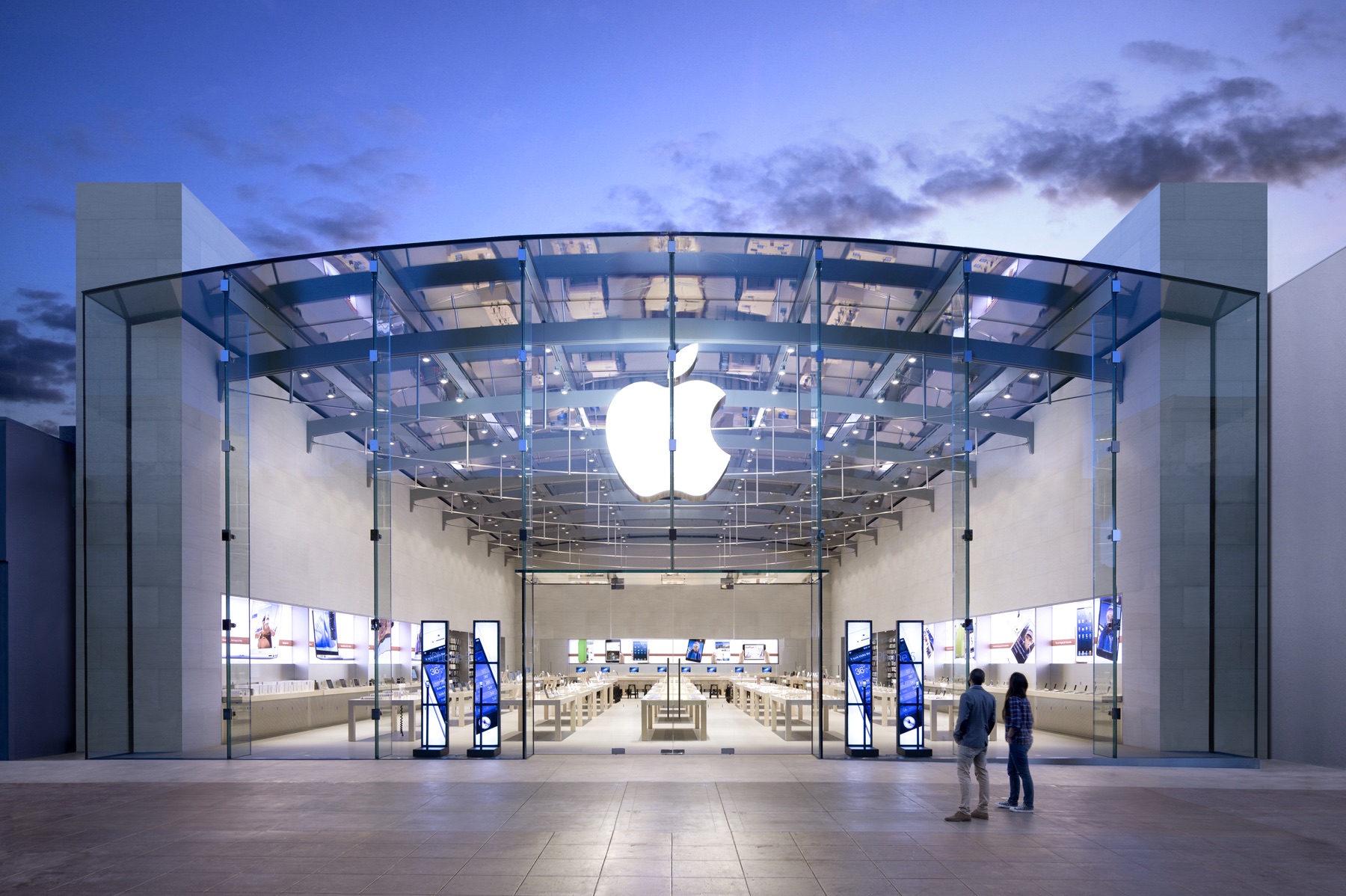 Apple starts accepting Mac trade-ins at retail stores
Apple starts accepting Mac trade-ins at retail storesNews Up until now, you could only trade in a used Mac online, which was unwieldy and time-consuming
By Mike Brassfield Published
-
 Apple launches surprise desktop iMac and iMac Pro upgrades
Apple launches surprise desktop iMac and iMac Pro upgradesNews New iMac models have up to 9th-gen Core i9 processors and Vega Pro graphics
By Adam Shepherd Published
-
 Apple unveils next-generation Mac mini
Apple unveils next-generation Mac miniNews Space grey device with five times the performance has been unveiled at special October event
By Keumars Afifi-Sabet Published
-
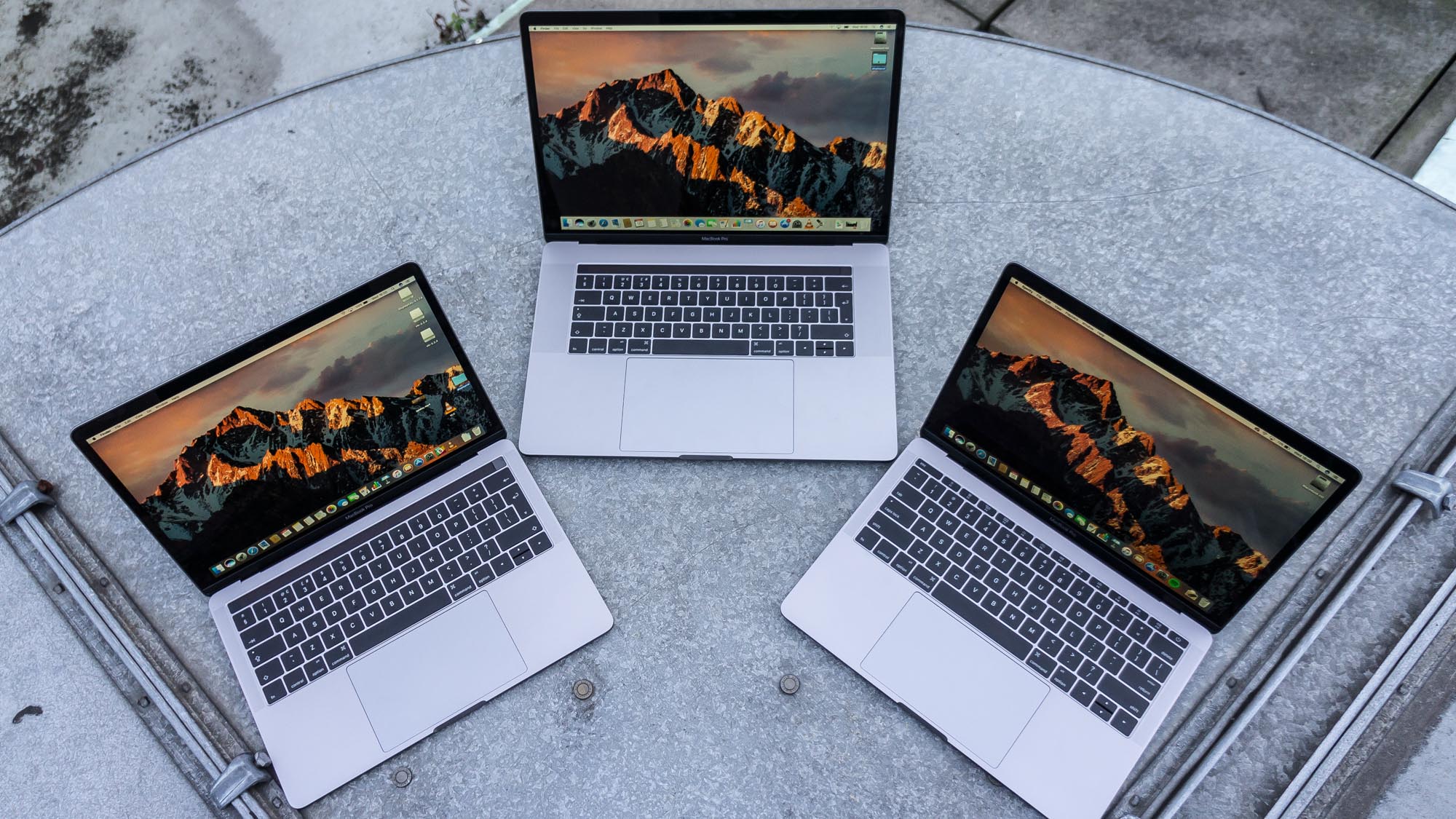 Thousands of Macs exposed to EFI boot-up bug
Thousands of Macs exposed to EFI boot-up bugNews Some relatively new Macs haven't had a pre-boot update since they were first put on the market
By Clare Hopping Published
-
 Apple fixes its spammy calendar with Report Junk feature
Apple fixes its spammy calendar with Report Junk featureNews The new option lets you block spam iCloud calendar invites
By Ingrid Fadelli Published
-
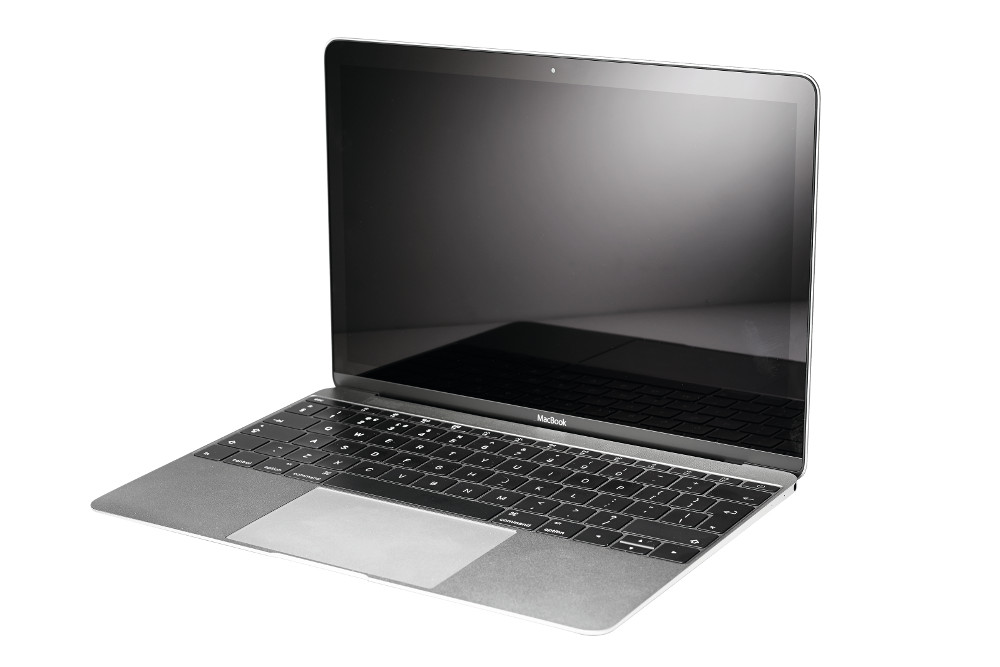
 Apple MacBook Retina 12in review - 'a superb choice, but challenging to fit into how you work'
Apple MacBook Retina 12in review - 'a superb choice, but challenging to fit into how you work'Reviews Apple upgrades specs and adds rose gold model for 2016 MacBook Retina 12in
By Alan Lu Published
-
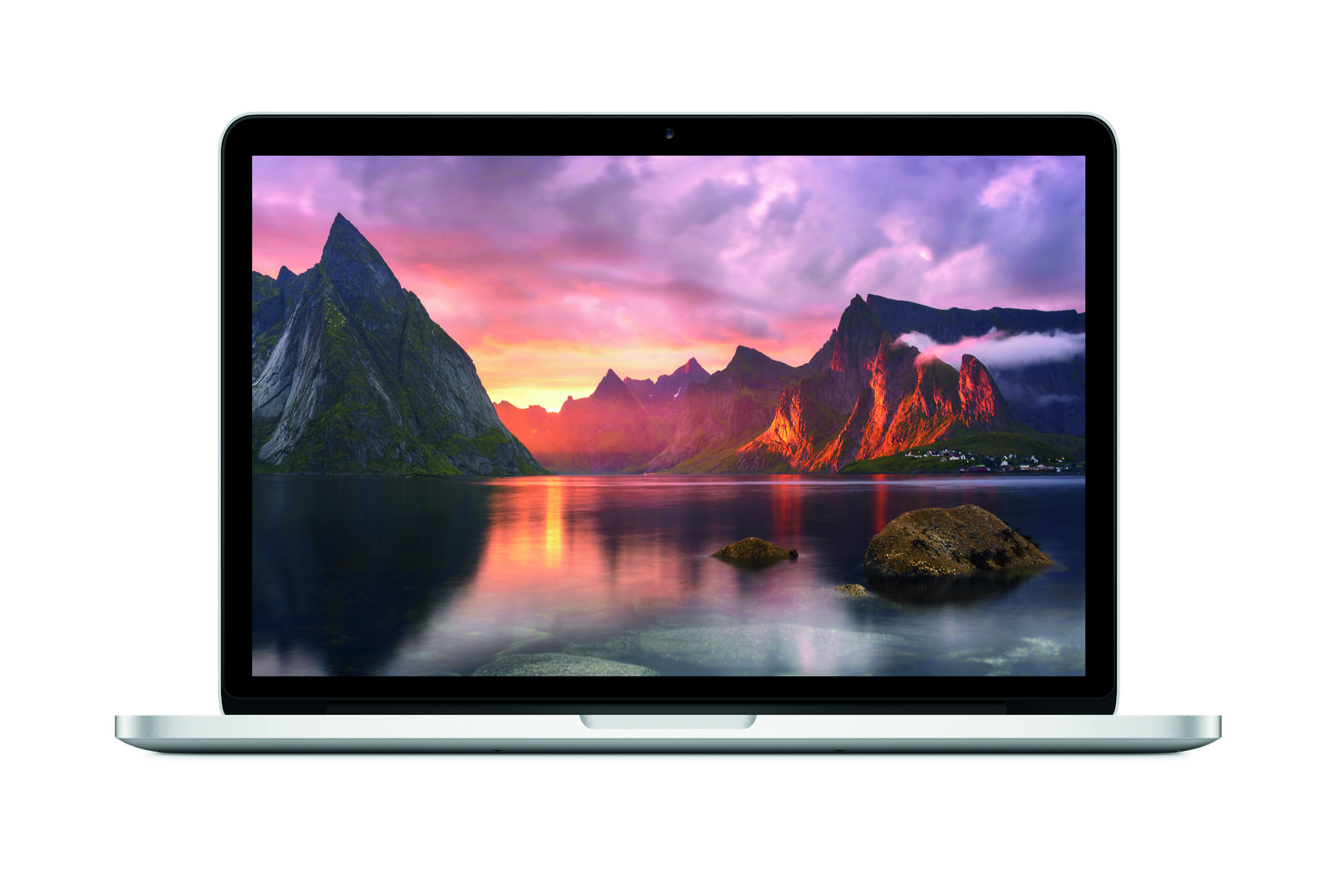
 Apple 13-inch MacBook Pro With Retina Display (Early-2015) review
Apple 13-inch MacBook Pro With Retina Display (Early-2015) reviewReviews A Broadwell upgrade provides impressive battery life for Apple’s business laptop.
By Cliff Joseph Published